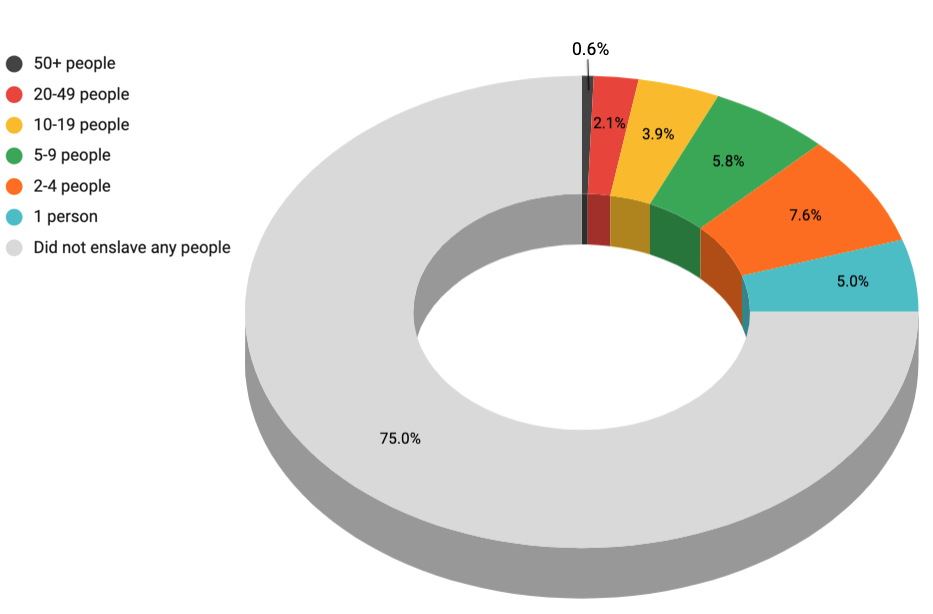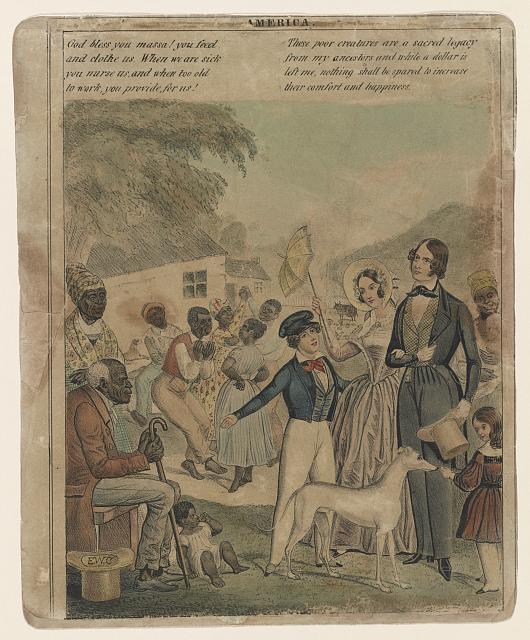(economy and ideal)
(economy and ideal)
(Political figures)
(territorial expansion)
(The Market revolution)
(Acts and Compromises)
What were the two main supporters of the southern economy?
Cotton and sugarcane
Hamilton wanted an economy based on ____and____, relations with the ____, and ___on imported goods.
Madison and Jefferson wanted an economy based on ____, _____ expansion, and ____.
Industry and manufacturing, British, tariffs
Agriculture, Westward, free trade
Which act of Thomas Jefferson almost doubled the territory of the US while also sparking great debate of further fates of slavery? From whom was the territory found from?
Louisiana Purchase
What are the modes of transportation that revolutionized a) waterway, b) land roads, and c) remote communication?
Toll roads (Turnpikes), Steamboats, telegraphs
What was the purpose of the Three-Fifths Compromise?
counting 3 out of 5 enslaved individuals in the state population, compromise between North and South regarding slavery and total population
What invention and its creator that contributed to the south’s need for slavery the greatist?
Cotton gin, Eli Whitney
Why was Thomas Jefferson such a controversial figure regarding slavery?
He enslaved his own children, owned many slaves despite speaking against slavery.

Name 7 slave states from the time period between 1800-1865
Alabama, Arkansas, Delaware, Florida, Georgia, Kentucky, Louisiana, Maryland, Mississippi, Missouri, North Carolina, South Carolina, Tennessee, Texas, and Virginia
What was the very important canal built in upstate New York and who was the governor behind it?
Erie Canal, Dewitt Clinton
As part of this Compromise, this state was admitted to the Union as a free state to maintain the balance between free and slave states. Another state was made a slave state.
Name the two states.
Missouri, Maine
 75 percent of southern whites were ____scraped by, working the land with their families, dreaming of entering the ranks of the _____.
75 percent of southern whites were ____scraped by, working the land with their families, dreaming of entering the ranks of the _____.
Yeoman farmers, planter aristocracy
Which influential statesman and "Great Compromiser" played a central role in crafting key legislative compromises such as the Missouri Compromise and the Compromise of 1850
Henry Clay
Mexico claimed the ____ to be Texas’s southern border, but the United States insisted the border lay at the ____. What states were acquired in the process of the war in description?
California and Texas, Nueces River, Rio Grande River
 The first Industrial Revolution centered on the creation of _____ in water-powered mills. The textile mills of New England demanded ____, and the ______ .
The first Industrial Revolution centered on the creation of _____ in water-powered mills. The textile mills of New England demanded ____, and the ______ .
cotton fabric, cotton, American South
This compromise was greatly led by the Kentucky senator(the great compromiser) Henry Clay. fill in the description:
The ____ acted as a temporary truce on the issue of slavery, primarily addressing the status of newly acquired territory after the Mexican-American War. Under the Compromise, _____ was admitted to the Union as a free state; the new _____ Act compelled citizens of free states to assist in capturing enslaved people; and the new territories of ___ and _____ would permit white residents to decide whether to allow slavery.
Compromise of 1850, California, Fugitive Slave, Utah, New Mexico
 Who in the answer choices shared the beliefs in this picture?
Who in the answer choices shared the beliefs in this picture?
George Fitzhugh, Wilmot Proviso, Robert Fulton, John Deere
Match the people sharing the ideas regarding slavery:
John Brown, Wilmot Proviso, George Fitzhugh, Preston Brooks, Charles Sumner
John Brown, Wilmot Proviso, Charles Sumner)
(George Fitzhugh, Preston Brooks
Pro-slavery Missourians who crossed the border to vote in Kansas became known as ____, who secured a proslavery legislature in Kansas, which drafted the _____.
border ruffians, Lecompton Constitution
What was the Act which created an influx of agriculture/factory colleges?
The Morrill Land-Grant Acts.
This 1857 Supreme Court decision ruled that African Americans could not be considered U.S. citizens.
What is the name of this decision, and who was the perpetrator of this argument?
Dred Scott V. Sandford, Rodger Taney